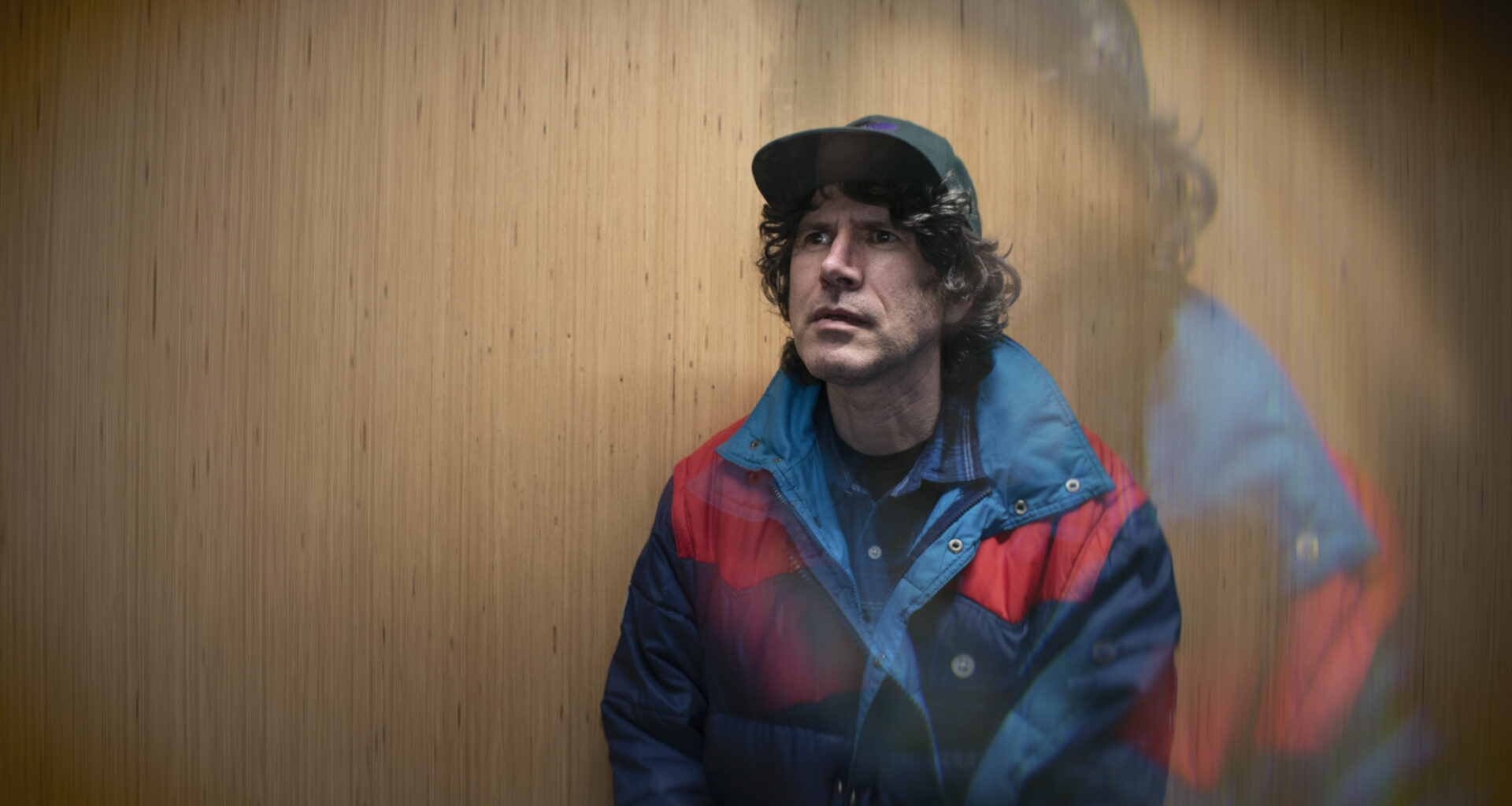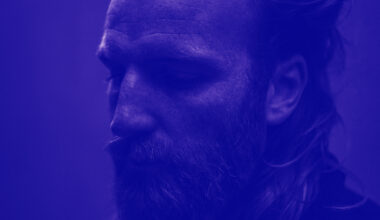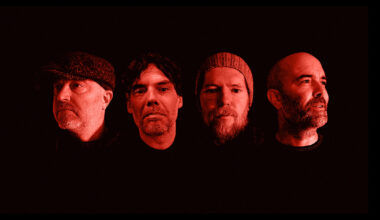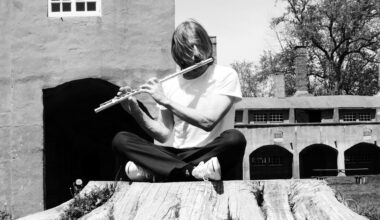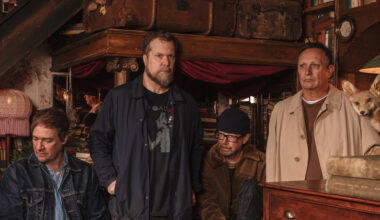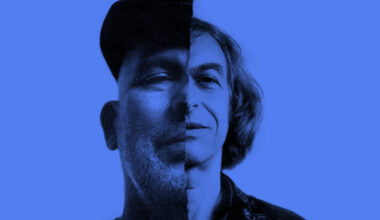A sacred mountain on the Korean border, a pilgrimage to meet Linda Ronstadt, a 13th century Welsh prince and an obsession with the work of Klaus Dinger… welcome to the world of Gruff Rhys
Want to read more?
Sign up to Electronic Sound Premium to gain access to every post, video, special offers, and more. 100%, all you can eat, no commitment, cancel any time.
Already a premium member? Log in here
